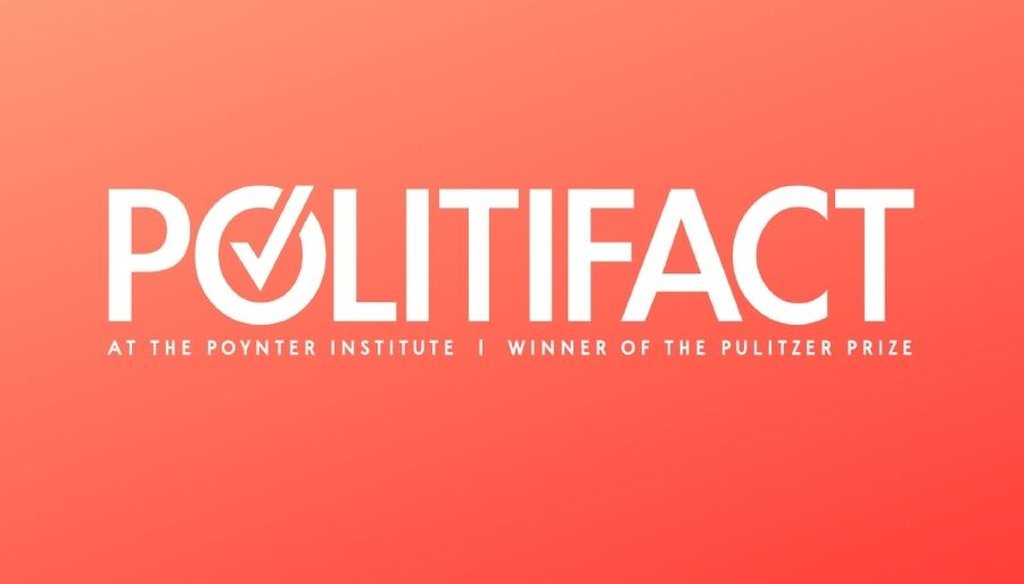

Our only agenda is to publish the truth so you can be an informed participant in democracy.
We need your help.


Elizabeth Warren is President Barack Obama's pick to head the new Consumer Financial Protection Bureau. We checked a comparison of the agency's budget to various fees levied by financial-services firms.
During a contentious hearing on May 24, 2011, members of a congressional oversight subcommittee sparred with Elizabeth Warren, who is President Barack Obama’s pick to head a new federal agency charged with protecting consumers from abusive practices in the financial services sector.
The hearing attracted media attention for a testy exchange between the subcommittee’s chairman, Rep. Patrick McHenry, R-N.C., and Warren, who has become a champion of those who want to see stricter oversight of Wall Street. Her official appointment as director has been blocked by Republicans, who want to see changes in how the new agency operates, though she has been working to get the agency up and running as assistant to the president and special adviser to the Treasury Secretary.
A reader pointed us to one statistic presented at the hearing that purported to show the imbalance between federal regulators and Wall Street.
Rep. Elijah Cummings of Maryland, the top Democrat on the full oversight panel, said that the new agency’s "budget is only about 1 percent of the amount banks generate just from late fees and overdraft fees. … I have to ask you: How in the world will you be able to compete against this Goliath when you are so mismatched?"
We wondered whether there was such an imbalance.
We were able to track down sources for both types of fees.
R.K. Hammer, a privately held bankcard consulting firm, tracks credit card penalty fees. The firm found that card penalty fees assessed by the industry during 2010 totaled $22.5 billion.
We should note that the figure we’re using from R.K. Hammer -- what the firm calls "penalty fees" -- is an umbrella category that includes various types of fees. However, the firm says that late fees -- the category specifically cited by Cummings -- account for more than 90 percent of penalty fees. So we’ll reduce the amount slightly, to an estimated $20.3 billion in late fees.
Meanwhile, the economic research firm Moebs Services tracks data on overdraft fees. The firm projected that for 2010, overdraft fees will total $35.4 billion.
If you add these two figures, the total is $55.7 billion. To make sure we weren’t double-counting, we checked with both firms, and they confirmed that the two estimates do not overlap.
What about the agency’s budget? We turned to the agency’s website for the answer.
Budget documents posted there say that the agency’s estimated budget for fiscal year 2011 is $142.8 million, a number that Obama wants to increase to $329 million in fiscal year 2012.
Using the 2011 figure, the agency’s budget is three-tenths of 1 percent of the industry fee totals. Using the larger figure for 2012 -- which is only a proposal -- it works out to six-tenths of 1 percent.
Both figures are well under the 1 percent threshold Cummings cited. And the fees in Cummings’ comparison are just a small slice of the resources available to financial institutions. According to the Department of Commerce, profits in the finance and insurance sector for 2010 -- not revenues, just profits -- amounted to $366.8 billion.
We’ll note here that we're not ruling on whether a budget that’s equal to 1 percent of penalty and overdraft fees is too little (or too much) to carry out the agency’s tasks. But on the specific comparison Cummings made, we found that he was accurate and even understated the disparity slightly. He’s correct that the new agency’s budget is "only about 1 percent of the amount banks generate just from late fees and overdraft fees." So we rate his statement True.
Elijah Cummings, comments in transcript of a hearing of the House Oversight and Government Reform Subcommittee on TARP, Financial Services and Bailouts of Public and Private Programs, May 24, 2011 (accessed via Lexis-Nexis)
R.K. Hammer, "Card Penalty Fees Soften Slightly In 2010," June 2, 2011
Moebs Services, "Overdraft Fee Revenue Drops to 2008 Levels for Banks and Credit Unions," Sep. 15, 2010
Consumer Financial Protection Bureau, "Program Summary by Budget Activity," accessed June 8, 2011
Bureau of Economic Analysis, "National Income and Product Accounts Table 6.16D: Corporate Profits by Industry," accessed June 8, 2011
Interview with John Lopez, spokesman for Moebs Services, June 8, 2011
Interview with Bob Hammer, CEO of R.K. Hammer, June 8, 2011
In a world of wild talk and fake news, help us stand up for the facts.
